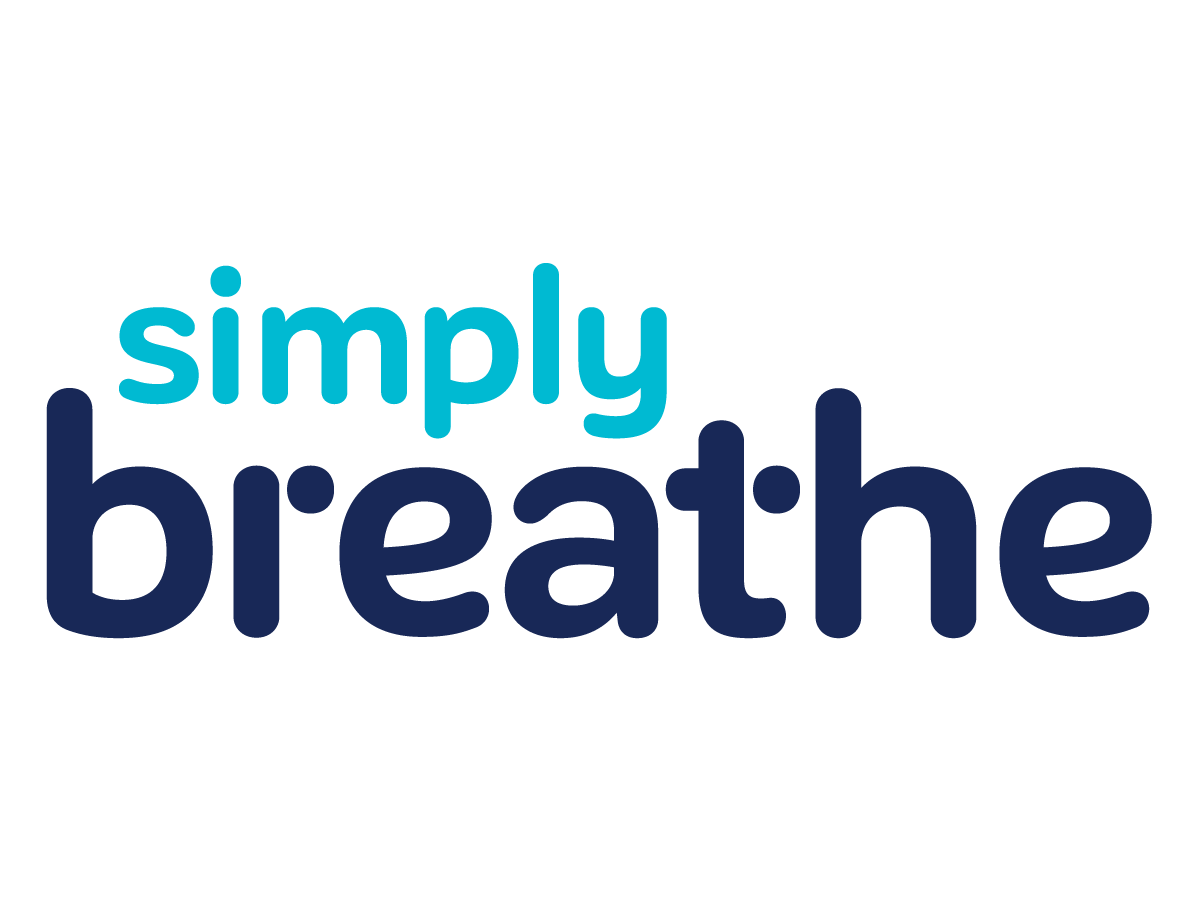Healthcare costs continue to rise and finding cost-effective solutions for common health issues has never been more important. One area where this is particularly relevant is sleep health, where treatments can range from simple, affordable interventions to complex, expensive medical devices.
The Rising Cost of Sleep Issues
Sleep-related problems are increasingly common, with about 65% of the population breathing through their mouth during sleep, according to James Nestor, author ofBreath: The New Science of a Lost Art[1]. The sleep industry has responded with various solutions, with the market showing significant growth potential.
Breaking Down the Options
Complex Solutions and Their Costs
1. CPAP Machines
- Initial cost: $500-$3,000
-
Additional expenses:
-
- Replacement masks ($100-200 every few months)
- Filters ($5-10 monthly)
- Regular cleaning supplies
- Potential maintenance costs
- Annual electricity costs
-
- Total first-year cost: $1,000-$3,500+
2. Custom Dental Devices
- Mandibular advancement devices: $1,500-$3,000
- Regular adjustments and replacements
- Professional cleaning and maintenance
Simple Solutions and Their Cost-Effectiveness
1. Mouth Taping
- Cost per month: $15-30
- Annual cost: $180-360
- No maintenance required
- No electricity costs
- No professional visits needed
- Immediate start possible
2. Lifestyle Modifications
- Side sleeping pillows: $20-50 (one-time cost)
- Sleep trackers (e.g., Oura Ring, Whoop): $200-400 + optional monthly subscription ($6-30)
- Nasal rinse systems: $15-40 + solution refills ($10-15 monthly)
- Humidifiers: $30-100 (one-time cost)
The Hidden Economics of Simple Solutions
What makes simple solutions like mouth taping particularly compelling from an economic standpoint isn't just their lower initial cost, but their broader economic benefits:
1. No Downtime
- Can be started immediately
- No recovery period needed
- No missed work days
2. Prevention vs. Treatment
- May prevent the need for more expensive interventions
- Addresses root causes rather than symptoms
- Can improve overall health outcomes
3. Accessibility
- No prescription needed
- No insurance approval required
- Available over-the-counter
- Can be started without medical consultations (though always advisable to consult healthcare providers)
Cost-Benefit Analysis
Complex Solutions |
Simple Solutions |
|
|
Real-World Impact
Recent studies have shown promising results for simple solutions. For instance, a 2022 study by Yi-Chieh Lee et al. demonstrated that mouth taping significantly improved snoring and reduced sleep apnea severity in mild cases, with the median apnea/hypopnea index (AHI) decreasing significantly from 8.3 to 4.7 events/hour (47% improvement)[2]. This suggests that starting with simpler, more cost-effective solutions might be worthwhile before moving to more expensive treatments.

The Bottom Line
While complex medical solutions certainly have their place, especially for severe cases, the economic advantage of starting with simple solutions is clear:
- Lower financial barrier to entry
- Minimal risk if unsuccessful
- Potential to avoid more expensive treatments
- Immediate implementation possible
- No long-term commitment required
For many people dealing with sleep-related breathing issues, starting with cost-effective solutions like mouth taping might provide significant benefits without the substantial financial investment required for more complex treatments. This approach allows for a gradual escalation of interventions if needed, rather than immediately jumping to the most expensive options.
Remember: While cost is an important factor, the effectiveness of any treatment should be evaluated on an individual basis under the guidance of healthcare professionals. The most expensive solution isn't always the best, just as the cheapest isn't always the most effective. The key is finding the right balance between cost and effectiveness for each individual's specific situation.
Note: All costs mentioned are approximate and may vary by location, provider, and specific circumstances. Always consult with healthcare providers before starting any new treatment regimen.
References:
-
WHOOP Podcast #221: How Nasal Breathing Can Transform Your Life with James Nestor
-
Lee YC, Lu CT, Cheng WN, Li HY. The Impact of Mouth-Taping in Mouth-Breathers with Mild Obstructive Sleep Apnea: A Preliminary Study. Healthcare (Basel). 2022





Leave a comment (all fields required)